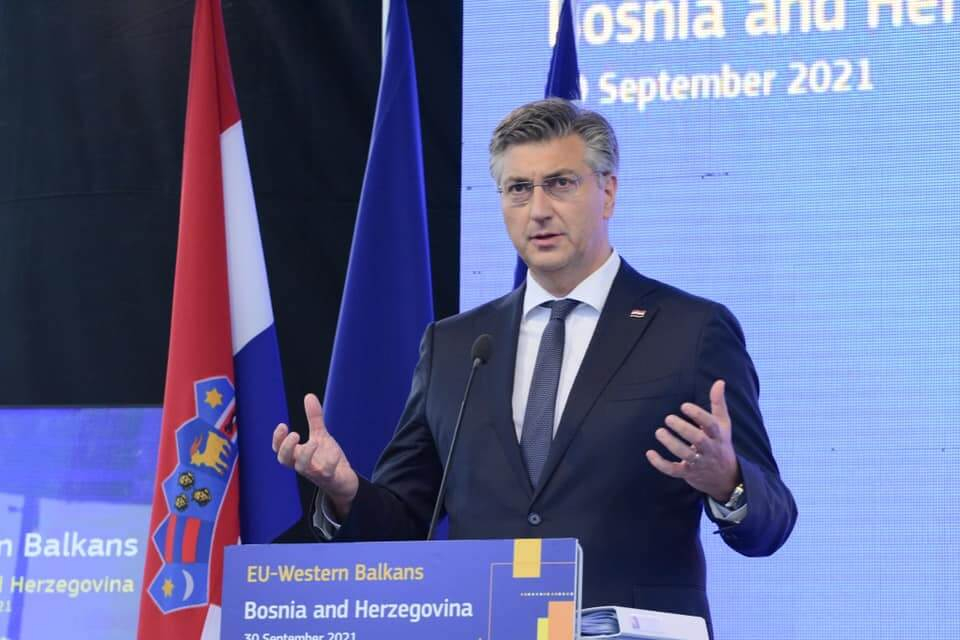“We have dealt with all the challenges, and what have you do done in Zagreb about securing funds for the reconstruction?” Plenković said in his response to Benčić, whose party is in power in the capital.
Benčić then congratulated Plenković on yet another issue meant to shift the focus away from important issues of public interest, the request for a pardon for Yugoslav-era secret service officials Josip Perković and Zdravko Mustač, who were sentenced to life imprisonment by a German court in 2016 for their roles in the murder of Croatian political emigrant Stjepan Đureković outside Munich in 1983.
“What do we have to do with Perković and Mustač, why are you looking at us? You should be looking at those who support you. Look at (the President’s Office), that’s where the orchestra is,” the PM replied.
Ivan Karin of the ruling HDZ asked Health Minister Vili Beroš about health care for cancer patients, to which Beroš said that all urgent cancer and chronic patients had been provided with continued care despite the COVID-19 pandemic. “We have done all in power to ensure that all patients can exercise their right to health care during the pandemic,” the minister said.
Independent MP Ružica Vukovac expressed concern about the sale of the Russian bank Sberbank’s stake in the Fortenova Group to the Hungarian Indotek Group. Plenković responded by saying that the government had no influence on that decision, but that it considered it good.
“We think that Sberbank’s decision to sell its 43 per cent stake in Fortenova is actually very good for the company because it is no longer burdened with the image of Russian co-ownership,” the PM said, adding that the government had helped both the company and its suppliers to survive with no cost to the government.
Economy Minister Tomislav Ćorić said that Croatia had sufficient energy supplies and that in that regard it was in a better situation than most EU countries.
Croatia satisfies 80 per cent of its needs for electricity from its own production. As for natural gas, some of it is domestically produced and some imported, with the LNG terminal at Omišalj on the northern Adriatic island of Krk serving as an alternative supply route, and the oil terminal at Omišalj is also an important point of import for this part of Europe, Ćorić said.
For more, check out our politics section.








